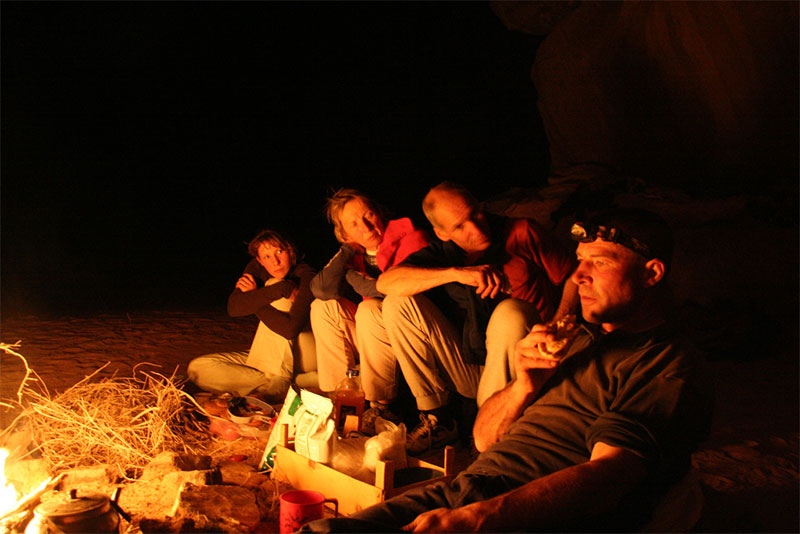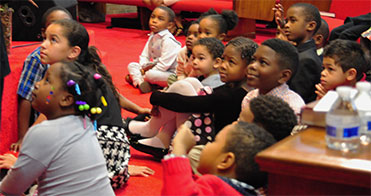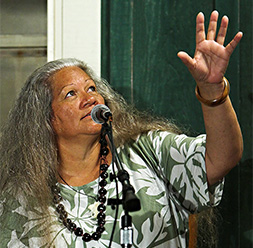
Human beings are storytelling creatures, whether we are all comfortable with that idea or not. Storytelling is one of the most primal aspects of human nature. We use stories to make sense of our place in the world, our workplaces, our homes and our relationships. The stories we tell others and ourselves define who and what we are. But are we all natural storytellers? Clearly some of us are more adept storytellers than others which is why some stories prove the test of time while others are consigned to oblivion.
In her class You Can Tell Stories!, Susy Irwin explores what it means to be a successful storyteller and how one can wake up, invigorate and inspire the storyteller within. “Some people are better storytellers because they practice,” says Irwin. “Storytelling is a skill that we all have the ability to hone.”

Irwin notes that good storytellers know how to highlight the patterns of a strong story. Those patterns are inscribed with the help of bold, distinct characters. “Let’s look at fairy and folktales. They have lasted for centuries because they are archetypal in nature. The characters in folktales are universal in nature, and we can all relate to them. George Lucas studied with Joseph Campbell, the late mythologist, and (made his) Star Wars characters…archetypal, to give a current example. What many folktales deal with are themes of good versus evil, and the overcoming of evil or pursuit of a grail, or solution, as found in the Hero’s Journey. When I think back in time to what stories I remember hearing, Joan of Arc comes to mind mostly because she was bigger than I could imagine myself. We remember these heroes partially because they are outrageous and model the strength and bravery it takes to live fully, that we might stretch our own perception of ourselves. We come to realize that they, like us, are fully human and make mistakes.”
The stories we tell need not all be grand in scope. The messages we convey through storytelling are varied and frequently work to define who we are as well as teach others of our makeup. “Traditionally, storytelling was our sole method of passing on information,” say Irwin. “History, culture, trades and morals were passed on to upcoming generations through the medium of storytelling. There are those that believe (our physical bodies) are built from cells but we are actually made of our stories. Think about when you were a kid and hanging with your friends sharing the ‘One Time’ stories: ‘One time I climbed the oak tree on Maplewood Street…’ People have a lot of thoughts about what they can and cannot do. That in itself is a story. If you ask a shy person what they love to do, you may be in for a long story.”
So what makes a good storyteller? How does one refine that ability? “A good storyteller cares about the story and about their audience,” says Irwin. “Storytelling is about your relationship to the listener. If an audience is bored with my story and I am not focused (on that relationship), I will lose their attention. Storytelling is a journey in the imagination and I need to keep my fellow travelers with me, otherwise what is the point? If I am present with my audience, and they stray, I know I need to change up something. Presence is important.”
Irwin says the strength of a good storyteller lies in personal style: “Different kinds of stories require different abilities. I like to tell animal stories, and I love to do animal voices. You could ask another storyteller who does personal tales, and they wouldn’t think of doing that. What makes one a good storyteller in their genre doesn’t necessarily carry over to another. Remember: it’s about getting the story across.”
 “Personally, I enjoy a story that gathers me in and takes me with,” says Irwin. “The story has meaning, I learn something, I identify with the protagonist—learning is going on. A good story typically isn’t a recounting of what happened today, although it could be, depending on how it is told.”
“Personally, I enjoy a story that gathers me in and takes me with,” says Irwin. “The story has meaning, I learn something, I identify with the protagonist—learning is going on. A good story typically isn’t a recounting of what happened today, although it could be, depending on how it is told.”
Storytellers seeking to refine their abilities can look forward to two different stages under Irwin’s guidance. “In You Can Tell Stories! I share techniques that will enable students to tell a short story by the end of the first session. By the end the last session, students are able to get up in front of an audience and tell a story from the heart, without memorization, and with poise and confidence.”
The benefits of being a confident storyteller reach beyond the campfire. There are more places for storytelling in our daily lives than we realize. Consider how a teacher might enhance their curriculum or grandparent still an antsy grandchild. A story can be a gift from a mentor figure that never wears out, nor goes out of fashion.
A successful storyteller discovers that the seeds of an enduring tale lie in universal elements but it takes root when it inspires the imagination of the beholder. It thrives when it can branch out and ignite the imagination of an entire community.
That’s our story and we’re sticking to it.
Learn more about You Can Tell Stories!
Photo Credits: